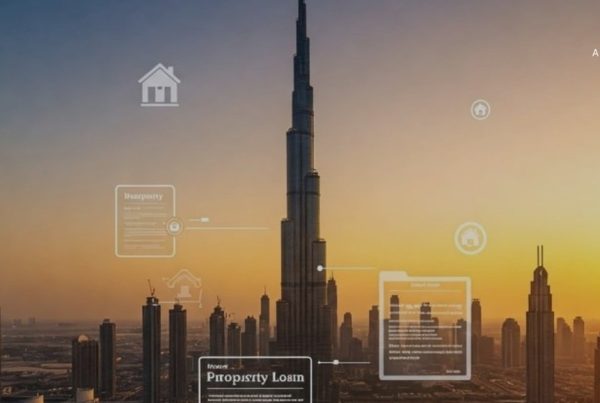Essential Property Buying Tips for Dubai and UAE Real Estate Investors
Purchasing real estate in Dubai or other parts of the UAE can be rewarding, but it requires careful due diligence to avoid costly mistakes. Industry experts and experienced buyers highlight the importance of evaluating every aspect of a property purchase — from the developer’s reputation to the fine details of the sales contract — before committing.

Case Study: Strategic Villa Purchase in Sharjah
Dubai resident Gunjan Chaurasia, who has lived in the UAE since 2006, recently purchased a four-bedroom villa in Sharjah’s Masaar 2 community for more than AED 4 million. Scheduled for delivery in 2027, the project by Arada impressed her due to its amenities, infrastructure, and the developer’s proven track record. She also owns properties in Jumeirah Lakes Towers, India, and Canada.
According to Ms Chaurasia, buyers must beware of “too good to be true” deals. Properties that seem large and attractively priced may have hidden issues. She stresses the need to check the price per square foot, service charges, and surrounding infrastructure such as schools, hospitals, and transport links.
Market Outlook: Anticipated Moderate Correction
A recent report from Fitch Ratings forecasts a “moderate correction” in Dubai’s property market in the second half of 2025, with potential price declines of up to 15%. However, experts remain confident in the market’s resilience due to strong population growth, continued housing demand, and a maturing real estate sector.
Clarity of Purpose and Financial Planning
Experts advise buyers to clearly define whether the purchase is for investment or end use. For investments, rental yields should ideally cover mortgage payments, ensuring sustainable cash flow along with capital appreciation potential. For personal use, buyers should assess their purchasing power and ensure the property meets their long-term needs without overleveraging.
Developer Reputation and Track Record
Choosing a reputable developer is critical. Property owner Elena Yurgeneva warns against buying from companies with no proven track record in the UAE. She cites her experience with delays and uncertainty in the Golf Views project by Seven Tides as a reminder to verify a developer’s previous projects before purchase.
Broker Verification and Payment Security
Licensed brokers in Dubai must hold a valid RERA ID. Buyers should request this information, avoid brokers who refuse physical viewings, and be wary of heavily staged visuals. For off-plan properties, ensure payments go directly to the project’s DLD-registered escrow account. In resale transactions, payments must be made to the seller directly, not intermediaries.
Legal Checks and Service Charges
Potential buyers should verify that a property is free from unpaid service charges, mortgages, and legal disputes. Engage a licensed conveyancer, request official RERA forms, and check title deeds via the DLD or Dubai Rest app. Always request a bank-approved valuation to ensure fair pricing.
Total Cost of Ownership
Beyond the purchase price, buyers should account for service charges, maintenance reserves, insurance, and community fees. For investment properties, include vacancy periods and property management fees in your calculations to protect returns.
Handover Timelines and Tenancy Reviews
Contracts should clearly state completion dates for off-plan projects. For resale properties, review tenancy agreements to ensure they meet legal requirements and avoid post-transfer disputes. Also, inspect for any unauthorised modifications, particularly in villas.
Area Development and Future Value
Due diligence should include researching upcoming infrastructure and zoning plans in the property’s vicinity. Oversupply or unfavourable development can impact both rental yields and resale value, while upcoming transport links and amenities may enhance returns.
Special Considerations for Non-Resident Investors
Non-resident buyers face standard costs such as broker commission, DLD registration, and trustee fees, but may encounter longer processing times due to documentation requirements. Mortgage access may be limited, and cross-border fund transfers can be subject to regulations.
By combining thorough research, legal due diligence, and financial discipline, investors and end-users alike can navigate the UAE property market confidently — securing assets that meet both lifestyle and investment goals.










